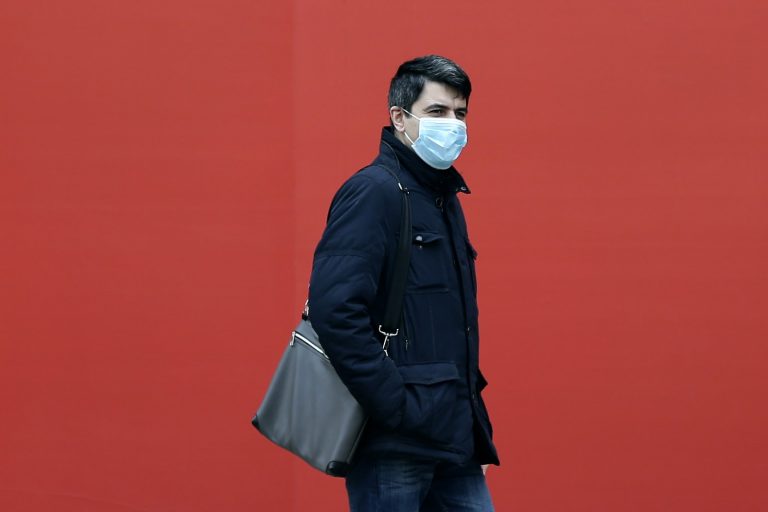The World Health Organization (WHO) recently released a report of the study conducted in communist China about the coronavirus pandemic’s origin. The report states that the COVID-19 virus, also known as the CCP virus, likely spread from bats to humans via another animal while calling the lab leak theory “extremely unlikely.”
The White House criticized the report before completing a review of the findings. The study was conducted by a team of international and Chinese scientists, with each side contributing 17 members.
White House press secretary Jen Psaki said that the WHO report lacked crucial information, data, and access. She accused the report of presenting a “partial and incomplete picture” of the issue. Psaki said that Washington is pressing for an independent second-stage inquiry. It would give investigators complete access to all necessary data on the pandemic and allow them to interview people who were “on the ground” at the time of the initial outbreak. Psaki dismissed the idea that communist China cooperated with the investigators to produce the report. She said that Beijing never gave any crucial data and was not transparent with the investigators.

Jamie Metzl, a WHO adviser and former staffer for President Joe Biden, said in an interview with CBS News that the CCP actually carried out the WHO study.
“It was agreed first that China would have veto power over who even got to be on the mission… WHO agreed to that.”
Success
You are now signed up for our newsletter
Success
Check your email to complete sign up
“On top of that, the WHO agreed that in most instances, China would do the primary investigation and then share its findings with these international experts. So these international experts weren’t allowed to do their own primary investigation… Imagine if we had asked the Soviet Union to do a co-investigation of Chernobyl—it doesn’t really make sense,” Metzl told CBS.
The U.S. also released a joint statement with 13 other nations, saying that the China study was “significantly delayed” and that the experts never had access to original data and samples. The statement’s signatories include Canada, Australia, Denmark, Czech Republic, Japan, Norway, Korea, UK, Latvia, Slovenia, Israel, Lithuania, and Estonia. Many people also found it problematic that the WHO report dismissed the lab leak theory.
Dr. Robert Redfield, former Director of U.S. Centers for Disease Control (CDC), recently stated that he believes the coronavirus “escaped” from a Wuhan lab sometime in September or October 2019. In an interview with CNN, Redford said that such leaks are actually more common than people realize. Additionally, WHO Director-General Tedros Adhanom Ghebreyesus is open to the possibility of the virus having leaked from a Chinese lab.
The team “visited several laboratories in Wuhan and considered the possibility that the virus entered the human population as a result of a laboratory incident. However, I do not believe that this assessment was extensive enough… Although the team has concluded that a laboratory leak is the least likely hypothesis, this requires further investigation, potentially with additional missions involving specialist experts, which I am ready to deploy,” Ghebreyesus said in a statement.
The coronavirus pandemic has infected more than 129 million people worldwide, killing over 2.8 million. The United States, Brazil, and India have reported the highest number of infections, other than China. The Chinese Communist Party has never released its actual number of coronavirus deaths. Many scientists have raised the possibility that COVID-19 might become endemic, meaning that it will continue infecting people for a long time but with lower infection rates and deaths.
Follow us on Twitter or subscribe to our email list
















